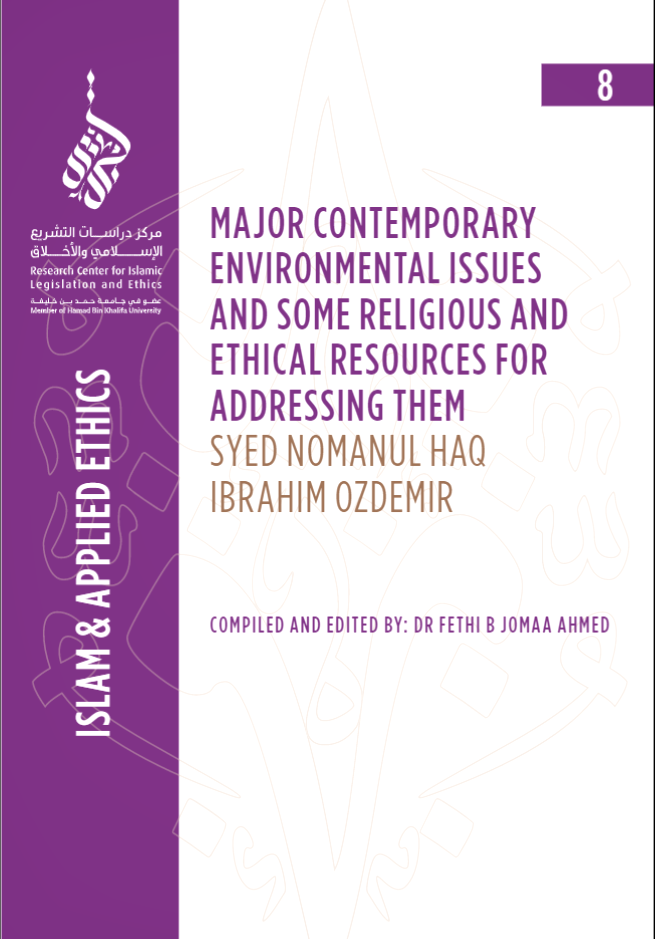The main article in this book begins by citing some disturbing environmental facts of our contemporary times including the Green House Gas emissions, climate change, and deforestation. The author points to the vacuum, which exists about environmental concrete policies that there is no legally binding international agreement for a reduction of dangerous anthropogenic atmospheric emissions. He emphasizes that the environmental crisis is of an intellectual and ethical kind generating an attitude to nature, to human societies, and our moral position with regard to our relationship with fellow human beings on the one hand, and with nature on the other. He underlines that the countries that have power are not willing to compromise their national interests or the interests of the powerful, but also do not offer any concrete solutions to overcome this challenge. Thus, he calls for an urgent development of ecological discourses in a historical–ethical perspective and consider some tough questions. He concluded by noting the characteristic parallelism between the natural field and the moral field, between the transcendental and the historical. Also stressing the conceptual linkages between the divine, human, and natural realms, constituting a highly complex but coherent and integral system.
In response to the main article, the respondent rethinks the relationship between major contemporary environmental problems and the religious and ethical resources for addressing them in a creative and meaningful way. He begins by emphasizing that the concept of holism of the environment is reflected in the contemporary environmental movement. However, he pointed out that any alternative response to environmental problems and degradation has to deal with human–nature relations as a whole. He concludes that God has created this world and entrusted it to human beings who are only trustees, stewards on earth. This stewardship includes the maintenance and utilization of the natural environment in accordance with what God created these things for, and to take into account the order and the ecological balance of nature.

